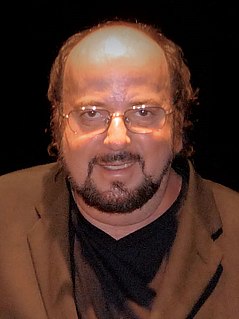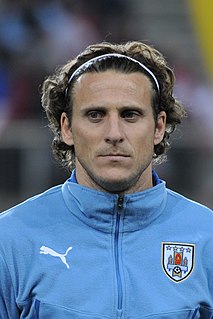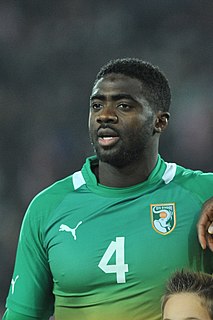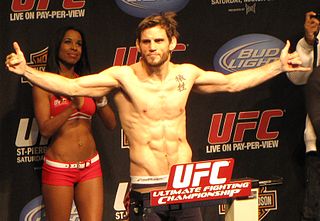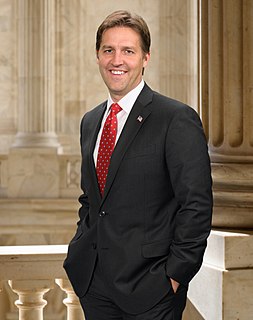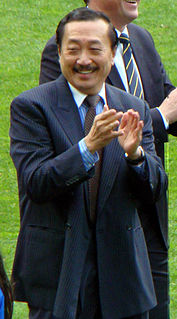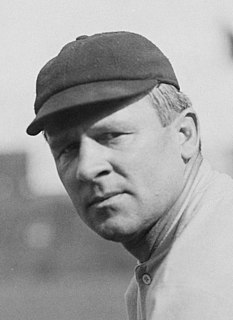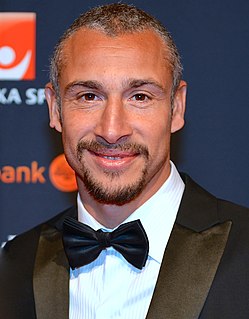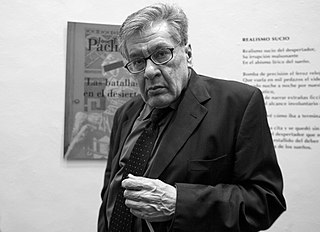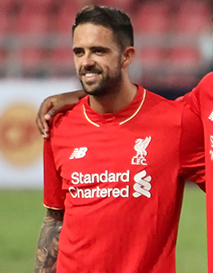Top 1200 Fight Club Novel Quotes & Sayings
Explore popular Fight Club Novel quotes.
Last updated on November 8, 2024.
I think that the reason my records are able to live forever in the club is because I actually like to be in the club. I don't go to the club to do VIP or get bottles or nothin' - I go to the club, I enjoy the people, I see what the people are vibin' off, and I see what makes me go crazy in the club also, and that has a lot of influence on what I bring to the table when I'm thinking of making a big club record.
I'm always looking for context in which people tell stories. In "Fight Club" it's these support groups for dying people, and then in "Choke" it's 12-step recovery groups. In one novel it's artists' colonies, in another novel it's a diary form that submariners' wives typically keep so that when their husband comes back from serving on a submarine they have an accounting of their spouse's time. So I'm always looking for, number one, a non-fiction context - because you can tell a more outrageous story if you use a non-fiction form.
There is a social contract in "Fight Club" and in "Choke" where the protagonist has deceived a whole bunch of people. In "Choke" it's all of these people who think that they've saved his life, and really care about him because they've embraced him and they've been his saviors. In "Fight Club" it's all of these people who are dying of various diseases, and they thought that Edward Norton was also dying so they allowed him really strong pent-up emotions.
A movie is made for an audience and a film is made for both the audience and the film-makers. I think that The Game is a movie and I think Fight Club's a film. I think that Fight Club is more than the sum of its parts, whereas Panic Room is the sum of its parts. I didn't look at Panic Room and think, "Wow, this is gonna set the world on fire". These are footnote movies, guilty pleasure movies. Thrillers. Woman-trapped-in-a-house movies. They're not particularly important.
But to be perfectly frank, this childish idea that the author of a novel has some special insight into the characters in the novel ... it's ridiculous. That novel was composed of scratches on a page, dear. The characters inhabiting it have no life outside of those scratches. What happened to them? They all ceased to exist the moment the novel ended.
I tagged a first-timer one night at fight club. That Saturday night, a young guy with an angel’s face came to his first fight club, and I tagged him for a fight. That’s the rule. If it’s your first night in fight club, you have to fight. I knew that so I tagged him because the insomnia was on again, and I was in a mood to destroy something beautiful.
What was fun for me with this book [Lincoln in the Bardo] was to start out with the principle that went, "We're going to fight every day to make this not a novel; make it too short to be a novel." And then with that principle in place, the book sort of starts to say, "Okay, but I really need this. I really need some historical nuggets." And you're like, "All right, but keep it under control."
It's very bad to write a novel by act of will. I can do a book of nonfiction work that way - just sign the contract and do the book because, provided the topic has some meaning for me, I know I can do it. But a novel is different. A novel is more like falling in love. You don't say, 'I'm going to fall in love next Tuesday, I'm going to begin my novel.' The novel has to come to you. It has to feel just like love.
Welcome to Fight Club. The first rule of Fight Club is: you do not talk about Fight Club. The second rule of Fight Club is: you DO NOT talk about Fight Club! Third rule of Fight Club: if someone yells “stop!”, goes limp, or taps out, the fight is over. Fourth rule: only two guys to a fight. Fifth rule: one fight at a time, fellas. Sixth rule: the fights are bare knuckle. No shirt, no shoes, no weapons. Seventh rule: fights will go on as long as they have to. And the eighth and final rule: if this is your first time at Fight Club, you have to fight.





